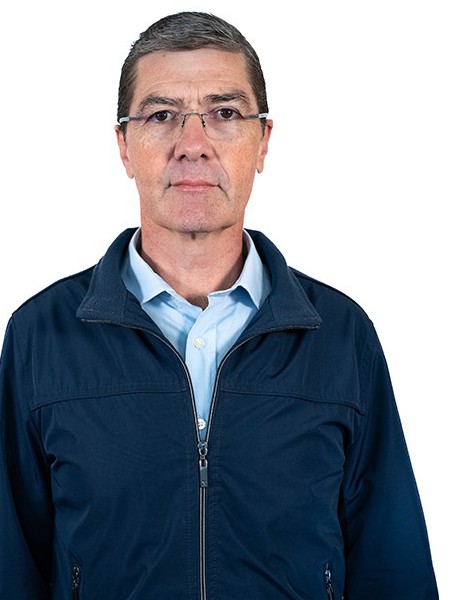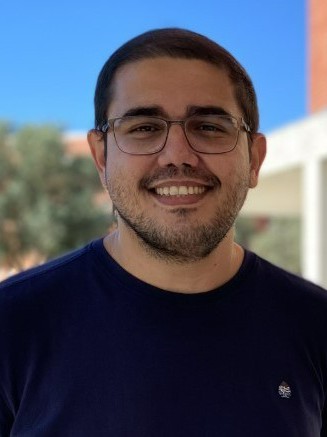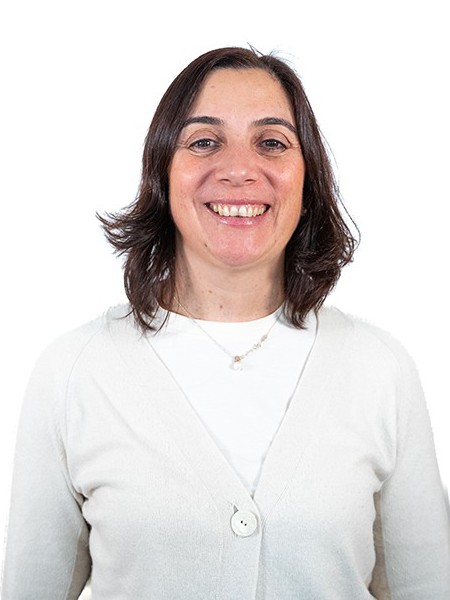resumo
The fabrication of complex shaped Si3N4 parts by conventional methods is challenging due to its high hardness and mechanical strength. Additive manufacturing (AM) appeared as a competitive way to attain three-dimensional complexity at lower costs. However, most of AM technologies still present limitations in produc-ing high dense ceramics, mainly due to several difficulties in developing proper feedstock. This work presents the fabrication of dense silicon nitride-based ceramics by using an extrusion based additive manufacturing technique (direct ink writing, also known as robocasting) and cold isostatic pressing (CIP) as a post processing step. Silicon -nitride aqueous based inks containing different amounts of solids loading (36, 38 and 39 vol%) and proper rheological characteristics for the printing process were studied. The use of CIP (200 MPa) is suggested to reduce or even eliminate defects and porosity and consequently, to improve mechanical performance of the final parts. Relative density, microhardness and flexural strength increased as solids loading in the inks increased and were further improved when CIP pressing was used. Parts produced by robocasting with an ink containing 39 vol% and cold isostatic pressed at 200 MPa exhibited an average relative density around 99%, 1475 HV2 micro -hardness value and 650 MPa flexural strength, values similar to those of silicon nitride ceramics fabricated by conventional processing.
palavras-chave
SI3N4; DENSE; MICROSTRUCTURE; SLURRY; SUSPENSIONS; CHALLENGES; DEPOSITION; STRENGTH; BEHAVIOR; BODIES
categoria
Materials Science
autores
Faria, MS; Alves, MFRP; Cintra, R; Oliveira, FJ; Fernandes, CM; Figueiredo, D; Olhero, SM
nossos autores
Grupos
G3 - Materiais Eletroquímicos, Interfaces e Revestimentos
G5 - Materiais Biomiméticos, Biológicos e Vivos
Projectos
Manufatura aditiva de compósitos de base cerâmica para componentes mecânicos (3DCompCer)
CICECO - Aveiro Institute of Materials (UIDB/50011/2020)
CICECO - Aveiro Institute of Materials (UIDP/50011/2020)
Associated Laboratory CICECO-Aveiro Institute of Materials (LA/P/0006/2020)
agradecimentos
This work was developed within the scope of 3DCompCer project with reference number POCI-01-0247-FEDER-047060 funded by FEDER funds through the COMPETE 2020 Programme and National Funds through FCT-Portuguese Foundation for Science and Technology. The project CICECO-Aveiro Institute of Materials, UIDB/50011/2020, UIDP/50011/2020 & LA/P/0006/2020, financed by national funds through the FCT/MEC (PIDDAC) is also acknowledged. S M Olhero acknowledge FCT for/03393/2017 contract. M.F.R.P. Alves acknowledges the FCT for the PhD grant (2021.06615.BD) .





